How To Avoid Certificate Of Compliance For Electronic Evidence. Daily Law Tips (Tip 309)
By Onyekachi Umah, Esq., LLM. ACIArb(UK)
With the enactment of the Evidence Act, 2011, it is now easy to tender and use documents produced by computer in courts across Nigeria. The condition for such use is enshrined in section 84 of the Evidence Act and is a certificate of compliance showing that such document was authentically generated from a reliable computer in the ordinary cause of activities. The Supreme Court in DICKSON V. SYLVA (2017) 8 NWLR (PT 1567) 167, has held that such certificate can be written or oral, if written, it is still subject to the powers of court to demand for an oral evidence. Also, the Supreme Court held in our, per Onnoghen, JSC as he then was, that where there is no certificate of compliance, a document produced by computer will not be admissible.
Generally, Computer is defined in section 258 of the Evidence Act to include any device for storing and processing information. Hence, Computer and device are used interchangeably, here. Note that, both primary and secondary documents, that are documents produced by computer must also fulfill the conditions of section 84 of the Evidence Act aside any other condition ordinarily expected for such.
Below are questions and reasons for such questions, needed to lay proper foundation for oral certification of document produced by computer in any court in Nigeria.
1.
Question:
Please tell this honourable court what document is referred to as “xxxxxxxxxxxx” [insert title of document] in your witness statement on oath?
Reason:
Pursuant to section 84(4)(a) of Evidence Act, a document produced by computer should be identified. Such document should be mentioned giving its title and unique name. Like, bank statement of Mr. Musa Ibeh between 2nd April to 23 May, 2019.
2.
Question:
How was the document produced?
Reason:
Pursuant to section 84(4)(a) of Evidence Act, there should be a description of the manner a document produced by a computer was produced. This may include explaining and mentioning; typing, scanning, saving, emailing, downloading and sending procedures/steps/stages. See, ROWAYE JUBRIL v. FEDERAL REPUBLIC OF NIGERIA (2018) LPELR-43993(CA)
3. Question:
What device was used in producing the document?
Reason:
Pursuant to section 84(4)(b) of Evidence Act, there should is need for provision of particulars/details of the computer like Name, Type, Model, Year and unique title (if any). Note that by section 84(3) of the Evidence Act, where sets, groups or combination of computers were used whether concurrently or simultaneously, they all will be regarded as constituting a single computer. Hence, in such situation one need not mention all the computers employed in producing a document.
4. Question:
How regular was the device used during the period the document was produced?
Reason:
Pursuant to sections 84(2)(a) and 84(4)(c) of Evidence Act, there is need to establish that the computer was regularly used to store/process information by any person/persons for regular activities whether the activities are private or for profit making.
5. Question:
What was the device mainly and regularly used for?
Reason:
Pursuant to sections 84(2)(b) and 84(4)(c) of Evidence Act, there is need to establish that the computer was regularly supplied information like the type on the document produced by computer sought to be tendered.
6. Question:
What was the condition of the device before the production of the document?
Reason:
Pursuant to sections 84(2)(c) and 84(4)(c) of Evidence Act, the device was operating properly during the concerned period and that even if it was out of operation or part of it was not operating properly, that such never affected the document produced by computer or its content.
7. Question:
Where was the information on document produced by computer gotten from?
Reason:
Pursuant to sections 84(2)(d) and 84(4)(c) of Evidence Act, there is need to establish that the information in the document produced by computer sought to be tendered was derived from the information supplied to the device in the ordinary and regular course of activities.
8. Question:
What is your relationship with the device?
Reason:
Pursuant to section 84(4)(c) of Evidence Act, there is need to establish that the person providing a certification for document produced by computer and the computer used for such production, is a person of responsible position with regards to the operation of the device or the management the relevant activities. Such a person must not be a computer expert; he may even be a manager of a department/company that owns the concerned device and as such familiar with the computer.
References;
Sections 84 and 259 of the Evidence Act, 2011. Also the Supreme Court Judgments in the cases of DICKSON V. SYLVA (2017) 8 NWLR (PT 1567) 167 and KUBOR V. DICKSON (2012) LPELR-9817(SC).
#DailyLawTips
#SabiLaw
#LearnNigerianLaws
Feel free to reach the author, ask questions or make inquiries on this topic or any other legal issues via onyekachi.umah@gmail.com or +2348037665878.
****************************************************************************************
This work is published under the free legal awareness project of Sabi Law Foundation (www.SabiLaw.org) funded by the law firm of Bezaleel Chambers International (www.BezaleelChambers.com). The writer was not paid or charged any publishing fee. You too can support the legal awareness projects and programs of Sabi Law Foundation by donating to us. Donate here and get our unique appreciation certificate or memento.
DISCLAIMER:
This publication is not a piece of legal advice. The opinion expressed in this publication is that of the author(s) and not necessarily the opinion of our organisation, staff and partners.
PROJECTS:
🛒 Take short courses, get samples/precedents and learn your rights at www.SabiLaw.org
🎯 Publish your legal articles for FREE by sending to: eve@sabilaw.org
🎁 Receive our free Daily Law Tips & other publications via our website and social media accounts or join our free whatsapp group: Daily Law Tips Group 6
KEEP IN TOUCH:
Get updates on all the free legal awareness projects of Sabi Law (#SabiLaw) and its partners, via:
YouTube: SabiLaw
Twitter: @Sabi_Law
Facebook page: SabiLaw
Instagram: @SabiLaw.org_
WhatsApp Group: Free Daily Law Tips Group 6
Telegram Group: Free Daily Law Tips Group
Facebook group: SabiLaw
Email: lisa@sabilaw.org
Website: www.SabiLaw.org
ABOUT US & OUR PARTNERS:
This publication is the initiative of the Sabi Law Foundation (www.SabiLaw.org) funded by the law firm of Bezaleel Chambers International (www.BezaleelChambers.com). Sabi Law Foundation is a Not-For-Profit and Non-Governmental Legal Awareness Organization based in Nigeria. It is the first of its kind and has been promoting free legal awareness since 2010.
DONATION & SPONSORSHIP:
As a registered not-for-profit and non-governmental organisation, Sabi Law Foundation relies on donations and sponsorships to promote free legal awareness across Nigeria and the world. With a vast followership across the globe, your donations will assist us to increase legal awareness, improve access to justice, reduce common legal disputes and crimes in Nigeria. Make your donations to us here or contact us for sponsorship and partnership, via: lisa@SabiLaw.org or +234 903 913 1200.
**********************************************************************************


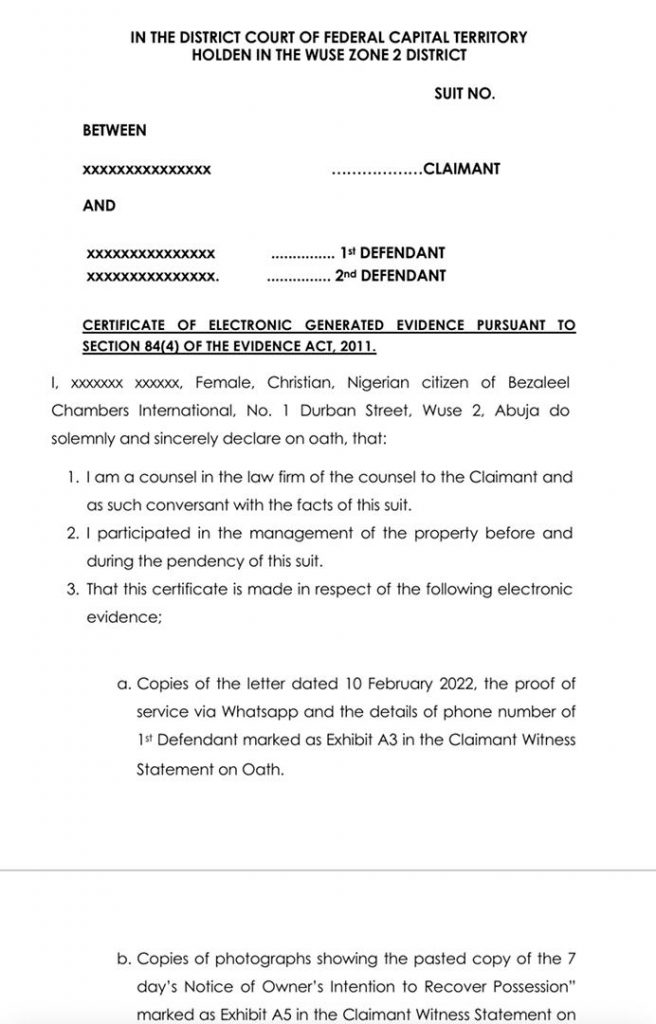









































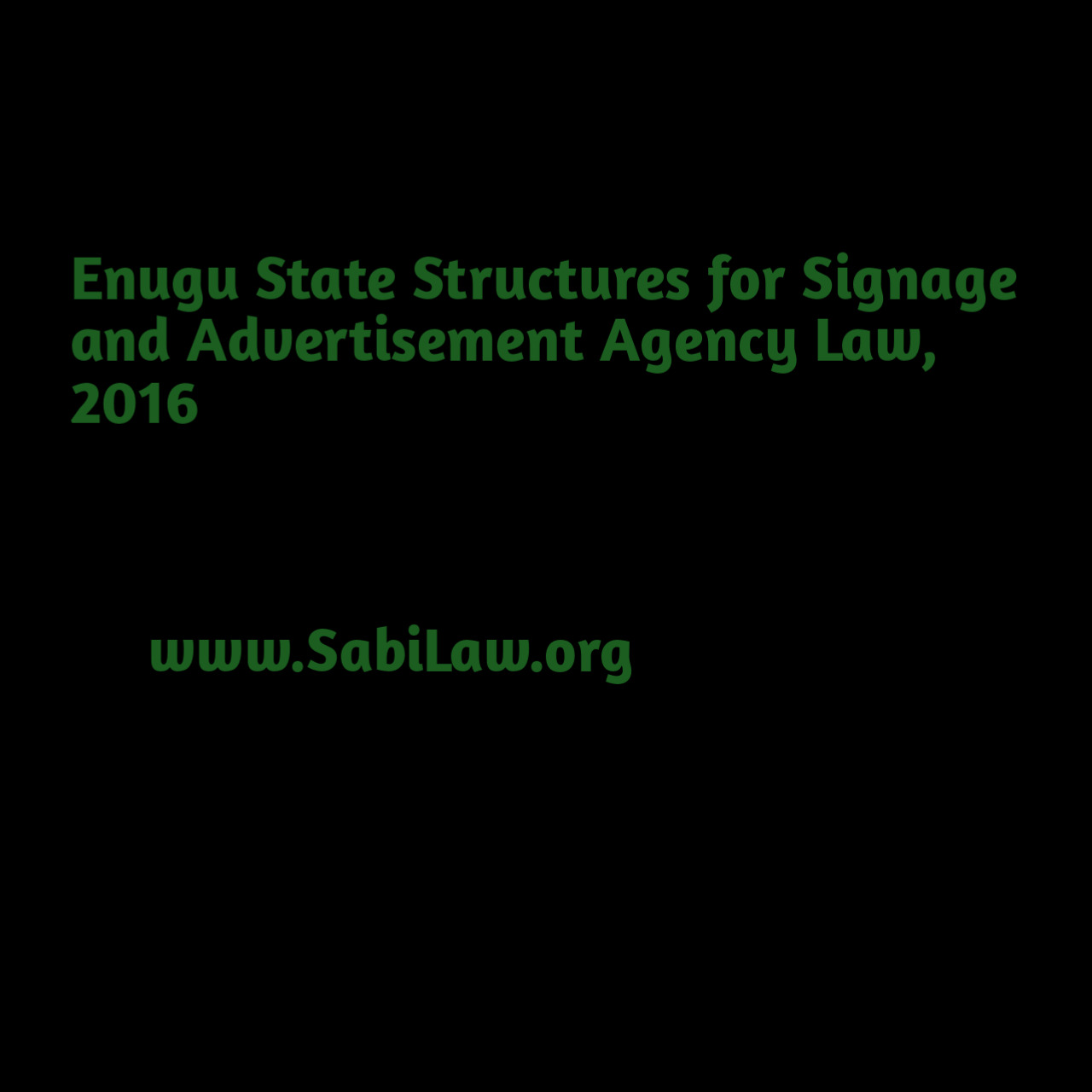

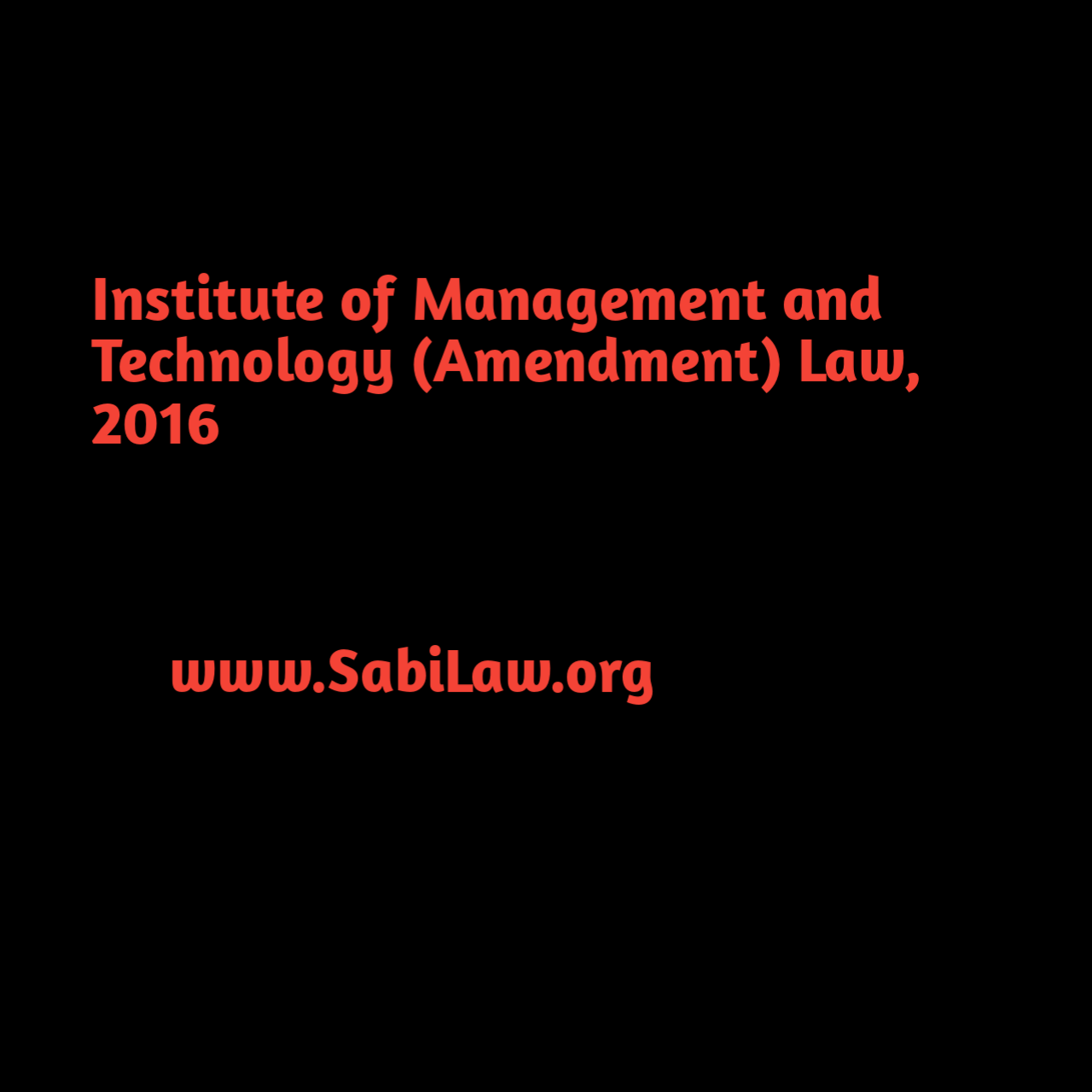
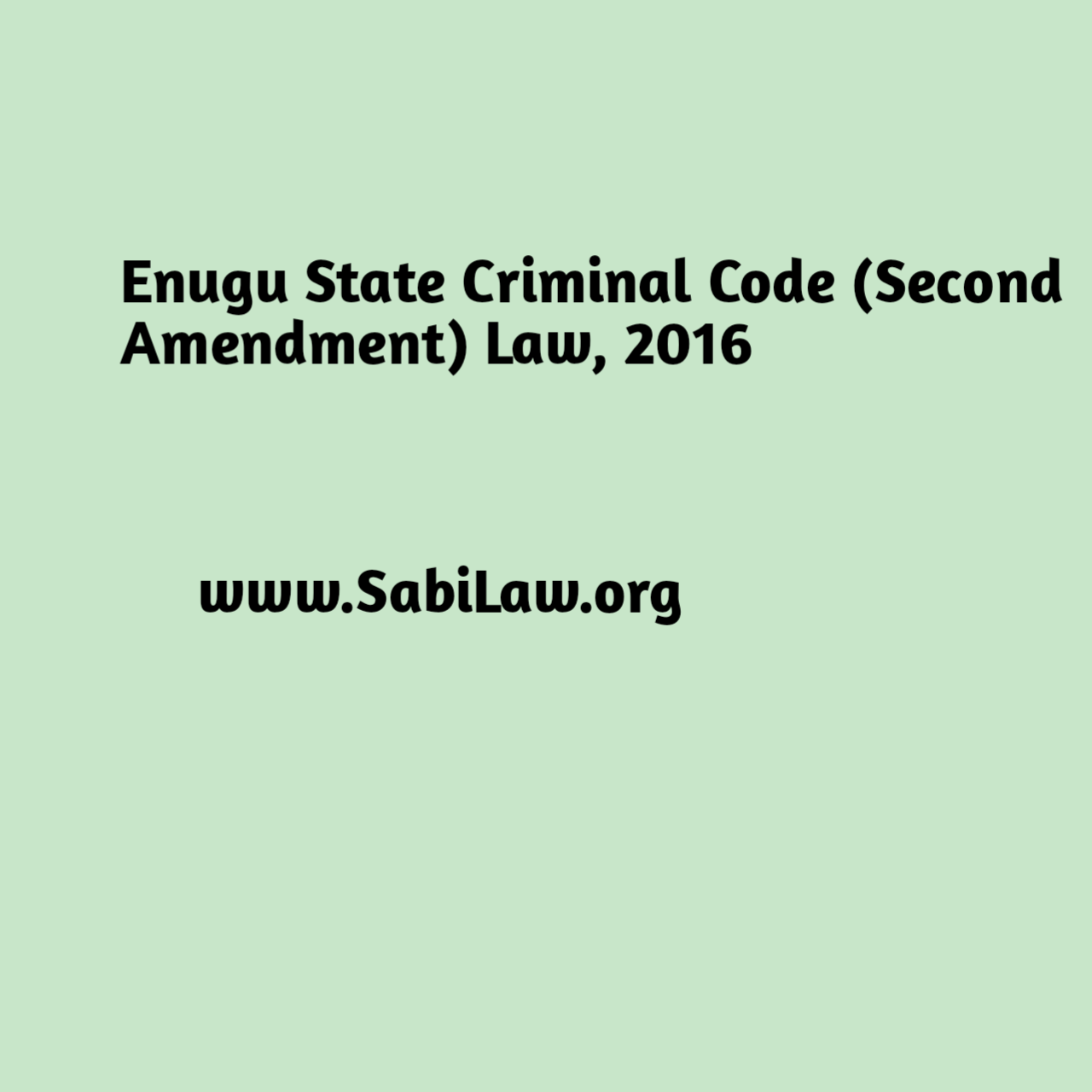
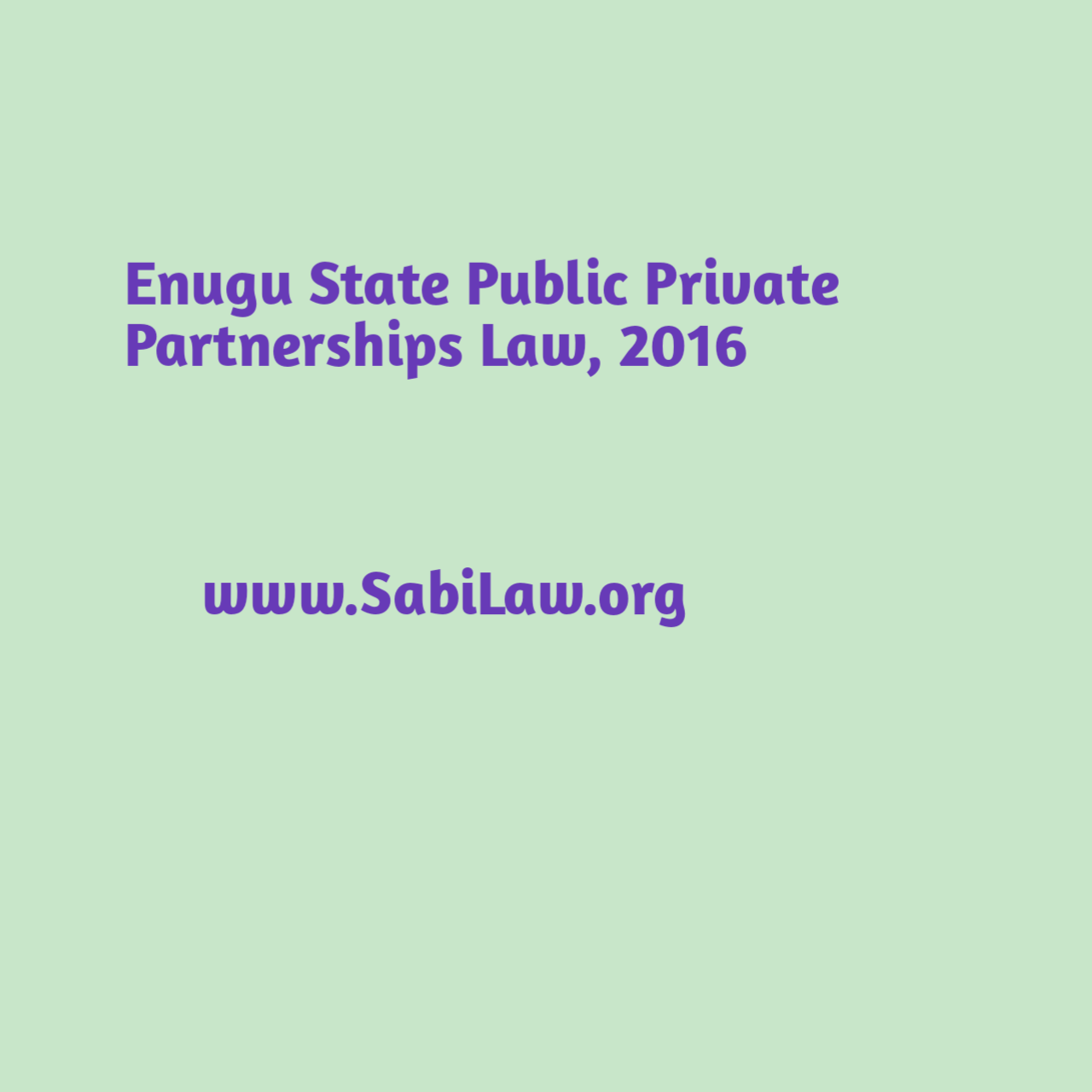
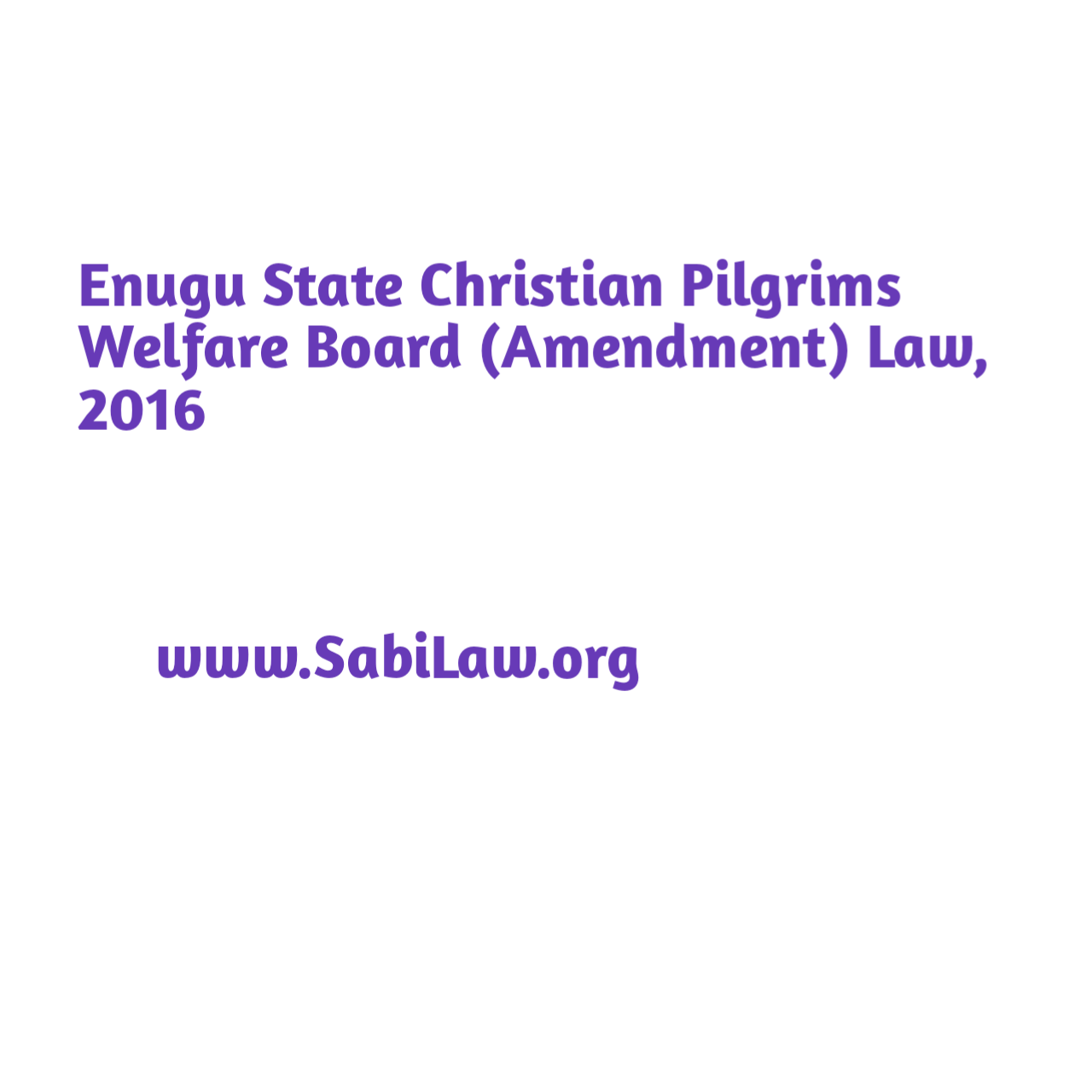
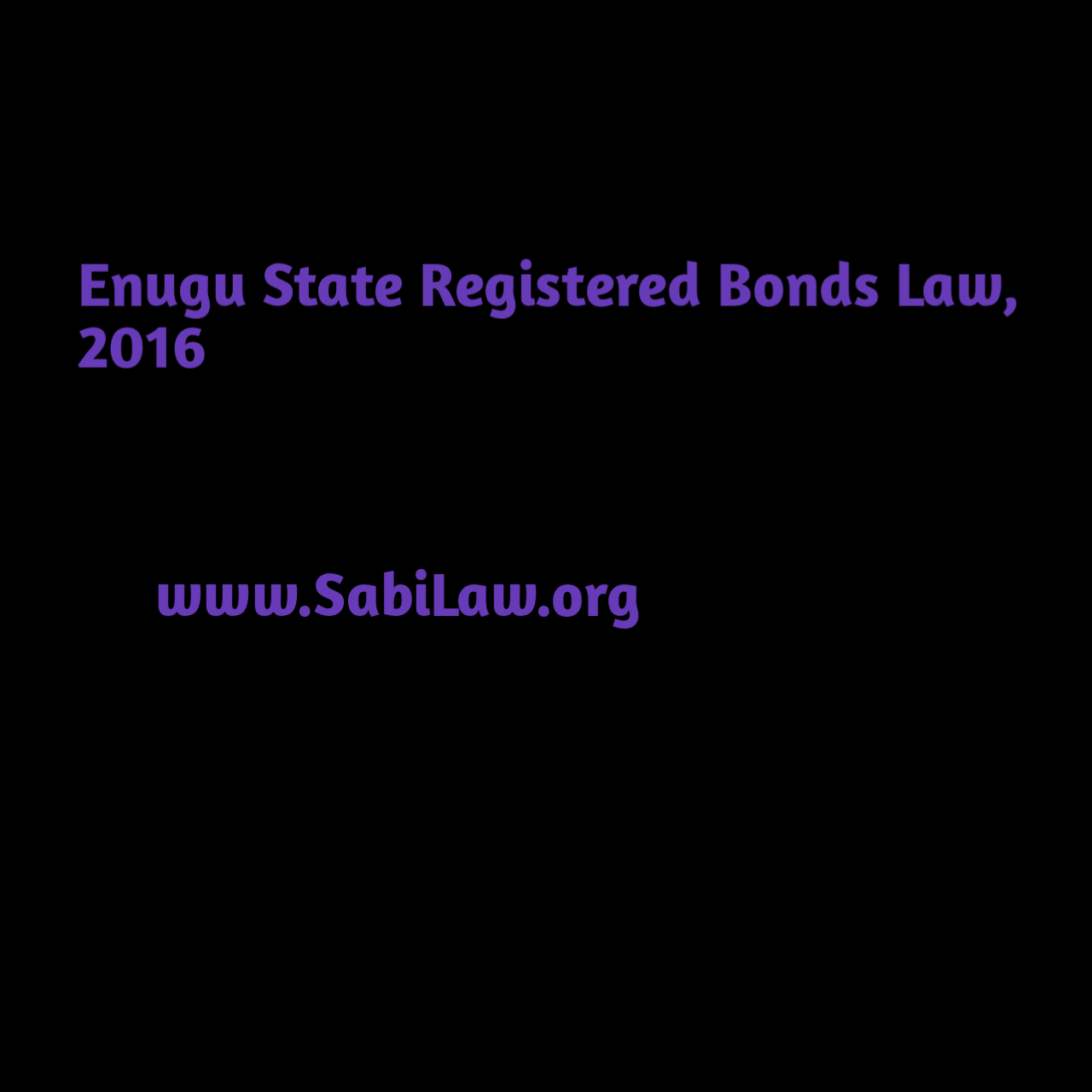
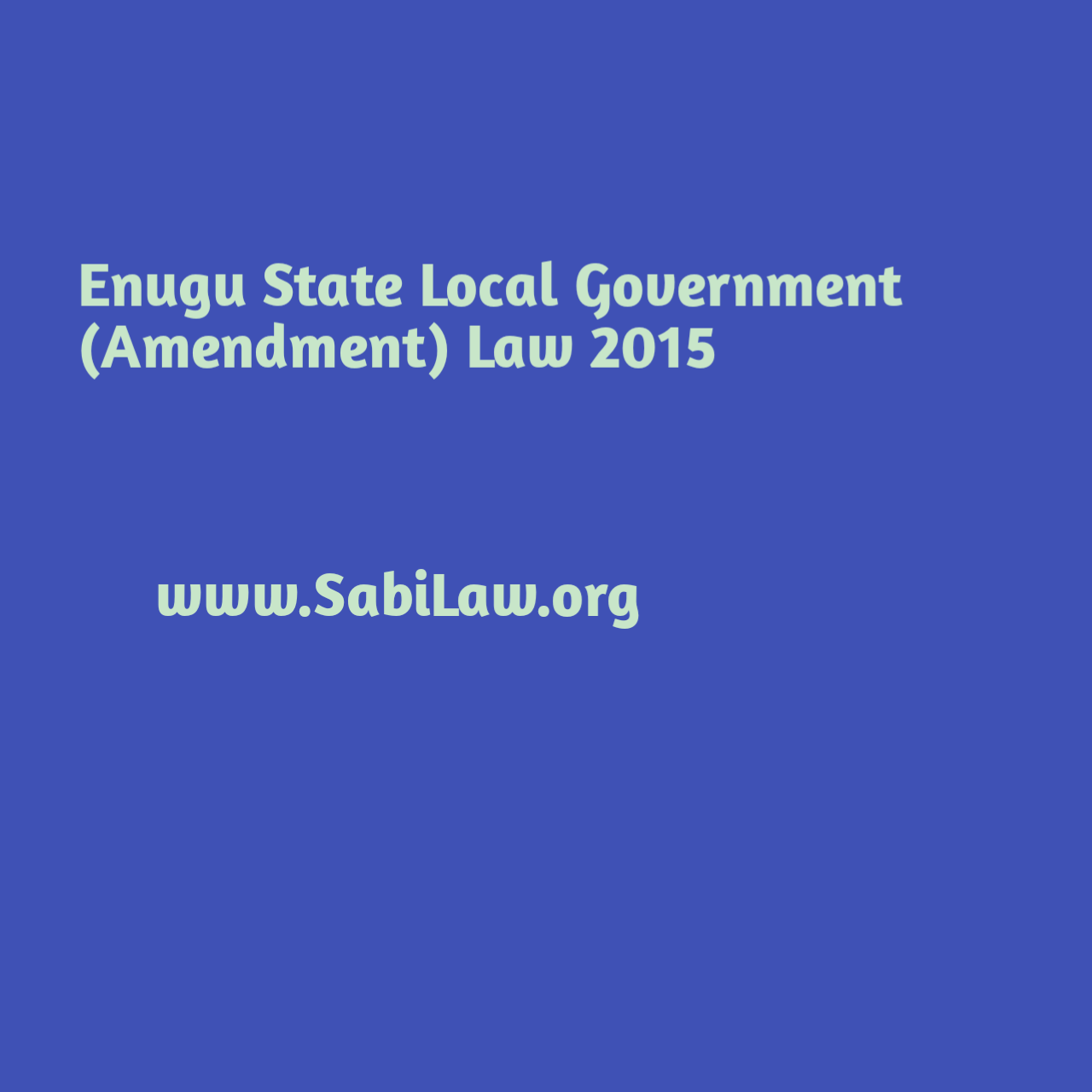
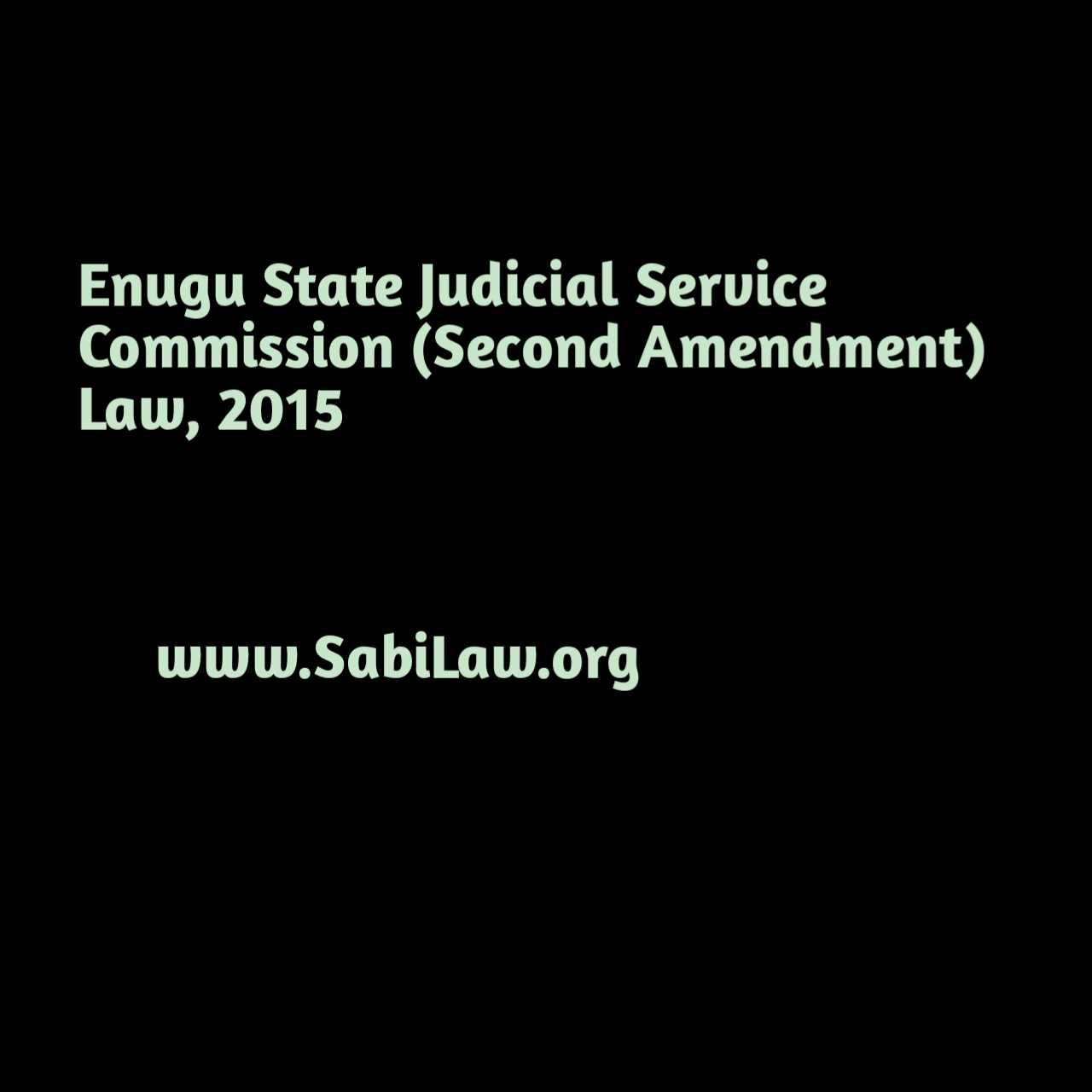
5 Responses
This is a gift to humanity and Lawyers indeed. Thanks for your academic and scholarly contribution to the better understanding and development to Law in Nigeria as a whole. Thanks and God bless you abundantly.
Thank you for your kind words.
Company name manarayani to have a great
Good day sir, thank you for this enlightening piece.
For clarity sir, during what period or stage are these questions to be asked. Is it when tendering the documents during examination in chief, (by the plaintiff) or during cross examination. (by the defendant)
Good initiative for a better law awareness for both the learned and others.